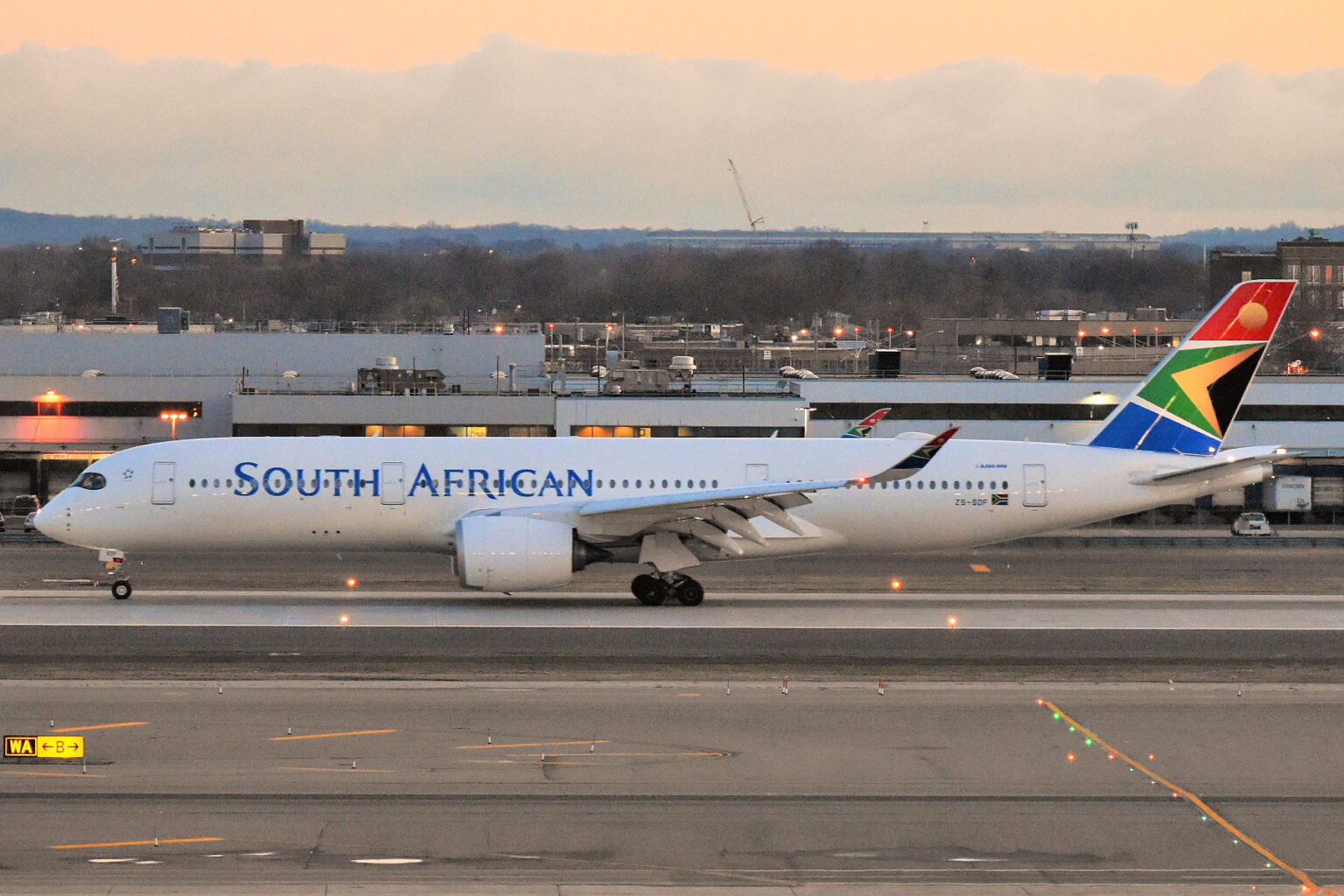South African Airways (SAA) finds itself grappling with an ongoing financial snag, as approximately R1 billion in ticket sales revenue remains locked in Zimbabwe. Despite persistent efforts, the national carrier has yet to retrieve these funds from its northern neighbour, adding strain to an already challenging financial outlook for the airline. The situation has reached a point where diplomatic intervention is under consideration.
SAA’s Battle to Retrieve Frozen Funds
The money—mostly from ticket sales—has been inaccessible to SAA due to Zimbabwe’s long-standing foreign currency crisis, a situation affecting many foreign companies. The Parliament’s Standing Committee on Public Accounts (SCOPA) recently confirmed that SAA’s pursuit of these trapped funds has been progressing, albeit slowly. In a hearing before SCOPA, SAA board chairperson Derek Hanekom stressed that reclaiming this R1 billion remains a priority. “We’ve been in serious contact with the Zimbabwean government,” Hanekom shared, emphasizing the difficulties in recovering such a substantial sum.
Potential Asset Seizure and Diplomatic Escalation
SCOPA chairperson Songezo Zibi raised the possibility of attaching assets within South Africa to offset the frozen funds, an approach indicating the mounting frustration over the prolonged issue. Meanwhile, Transport Minister Barbara Creecy hinted at potential diplomatic involvement if provided with a detailed report from SAA, indicating a strong commitment from government authorities to resolve the impasse.
The Payment Plan’s Flaws
SAA Chief Financial Officer Lindsay Olitzski outlined an agreement in which Zimbabwe would retain R159.82 million for the airline’s local operational needs, while the remaining R887.89 million would be paid off in quarterly installments of R117.76 million. However, Olitzski expressed concern over the lengthy timeline and the fact that no payments have been made yet. This stalled repayment plan underscores the severity of Zimbabwe’s foreign exchange crisis, a problem that has disrupted operations for several international businesses since it began in 2016.
Conclusion
South African Airways’ struggle to repatriate its revenue from Zimbabwe highlights the persistent challenges posed by regional economic instability. With diplomatic efforts potentially on the horizon, there is a glimmer of hope that the airline may eventually recover these funds. However, with Zimbabwe’s financial challenges, the resolution may not come quickly.












